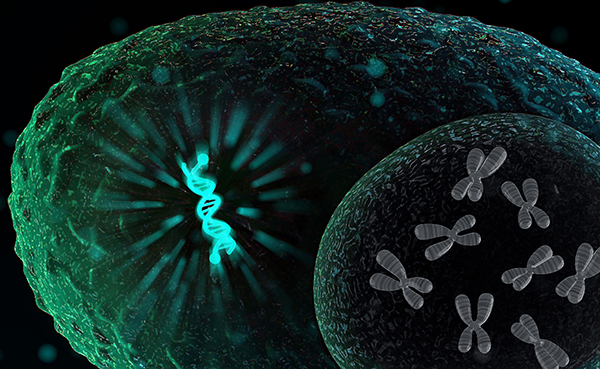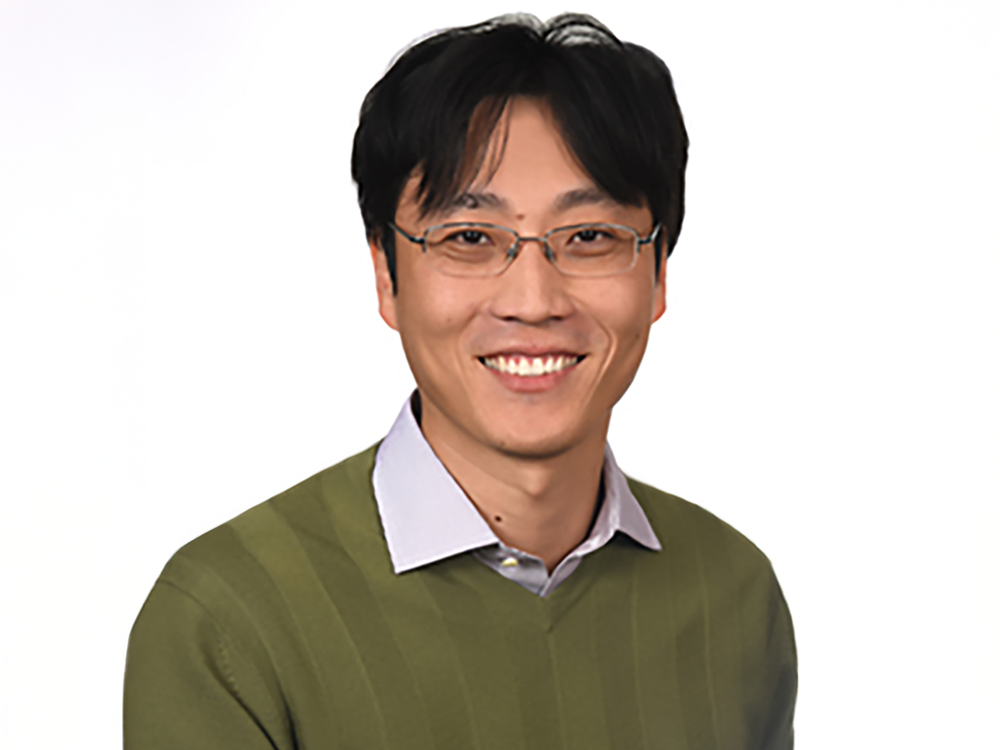Engineering+ Health Institute Announced

Nov. 7, 2024 - Samueli School Dean Magnus Egerstedt announced the selection of the inaugural Engineering+ Health Institute earlier this year. The Institute for Rapid Antibody Engineering and Evolution will be led by Chang Liu, professor of biomedical engineering.
This is the first of three interdisciplinary institutes outlined in the Samueli School’s 2030 strategic plan – Engineering+ Health, Engineering+ Environment and Engineering+ Society. The institutes are funded by a $50 million gift from Susan and Henry Samueli. Egerstedt explains that E+ is an inclusive concept. “It acknowledges that although engineering is at the center of the big, impactful research questions we are currently facing, we must go beyond historical, disciplinary boundaries and adopt a deeply collaborative approach to be able to address them.”
With $2.5 million over five years, the Institute for Rapid Antibody Engineering and Evolution will mature and scale up a new synthetic antibody discovery, generation and evolution technology called AHEAD. This revolutionary technology essentially boots up an immune system in a test tube using only yeast cells. Originally developed in 2020 by Liu’s group, in collaboration with researchers from Harvard Medical School, AHEAD uses the research

team’s rapidly evolving genetic systems to potentially make disease-fighting drugs faster, cheaper, more effective and accessible, which would transform health care around the world.
“Antibodies are the ‘magic bullets’ of biology, acting as drugs, molecular sensors for disease diagnosis, frontline therapeutics for outbreaks and fundamental research tools for biomedical discovery,” says Liu. “Yet the generation of specific antibodies that hit desired molecular targets has historically been a challenging bioengineering problem. With this funding and the collaborative research between antibody evolution, design and application testbeds it will catalyze, the problem of antibody generation should become solved within a few years leading to a new era of medicine and life science research.”
The new institute will have three thrusts. First, it will further develop and disseminate the AHEAD technology, making it as effective and easy to use as possible. Second, it aims to serve a critical function in pandemic prevention by generating therapeutics targeting anticipated pathogens and creating a reservoir for rapid outbreak surveillance and response. Third, the institute will embed rapid antibody engineering technologies into the core capabilities of UCI research groups working on a diversity of diseases, thus demonstrating the general power of this approach in biomedicine and giving UCI an advantage in drug development as an important epicenter for rapid antibody engineering.
Members of this institute span the fields of biomolecular engineering, protein engineering and design, immunology, ophthalmology and infectious disease. In addition to Liu, participants include UCI researchers Han Li, Phil Felgner, Krzysztof Palczewski, Wendy Liu, Ryan Hayes and Greg Weiss, along with collaborators outside of UCI such as Andrew Kruse and Debora Marks from Harvard Medical School.
– Lori Brandt
